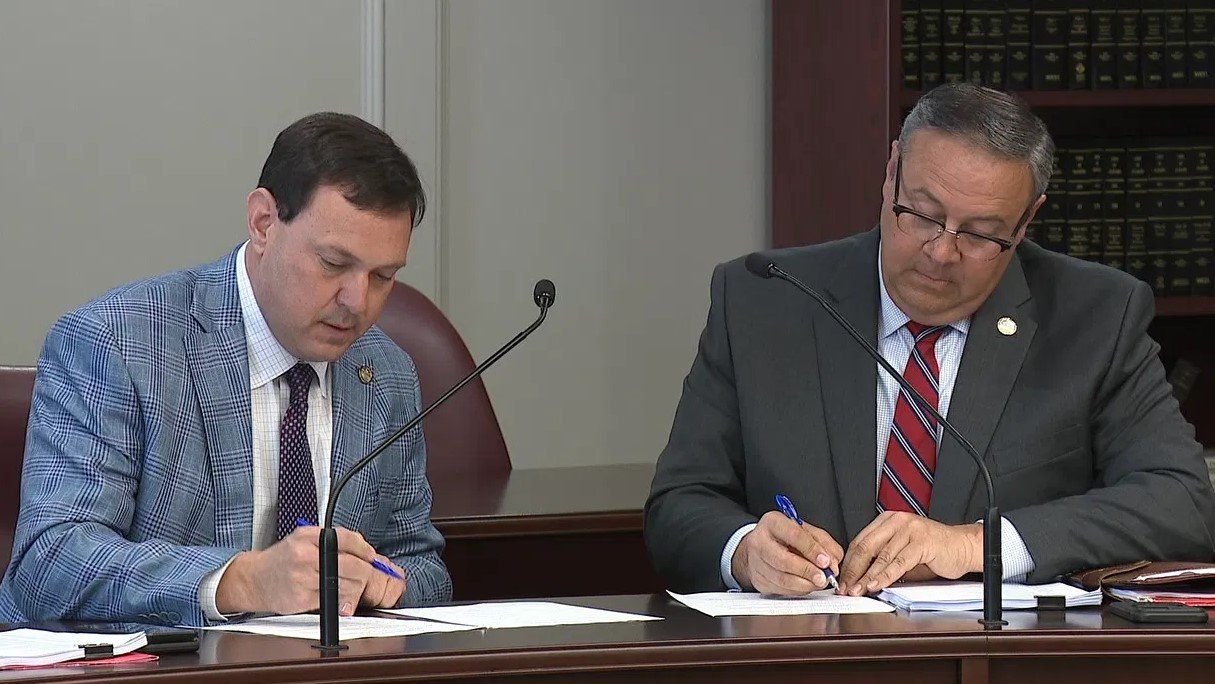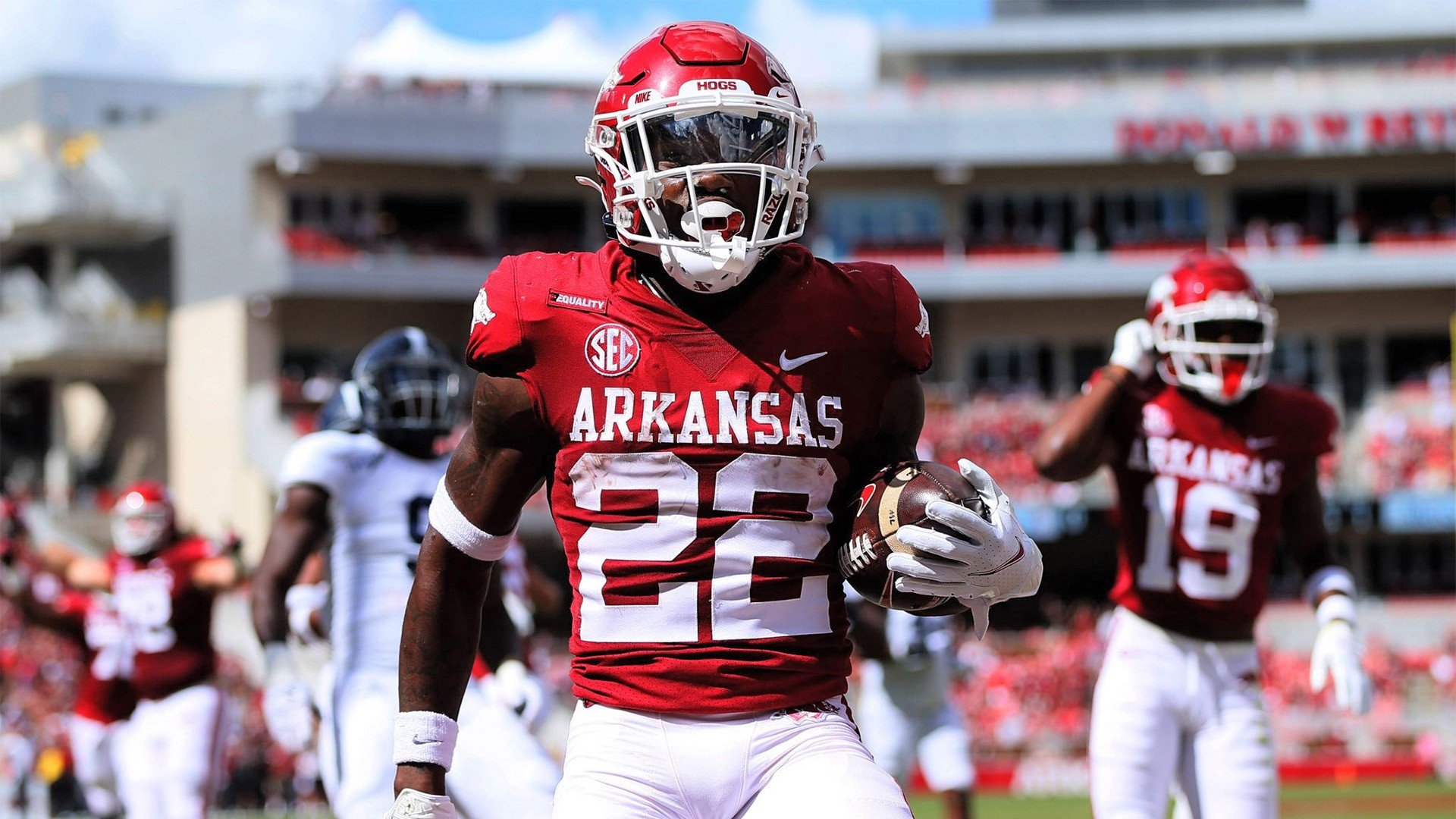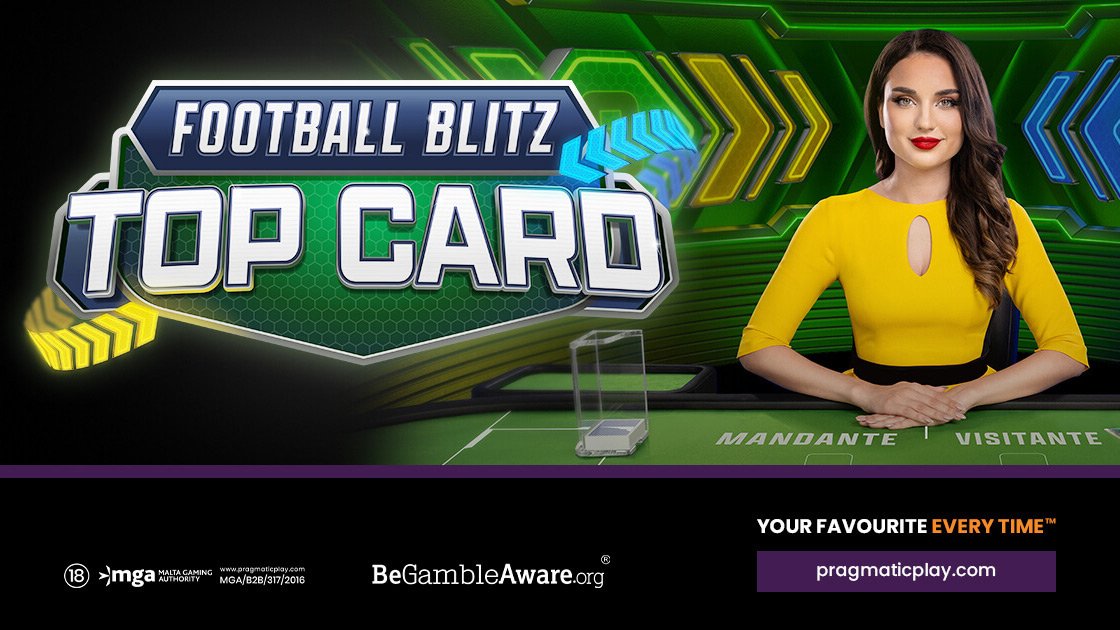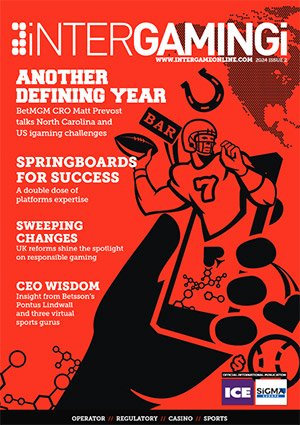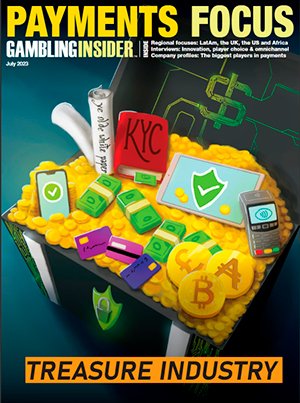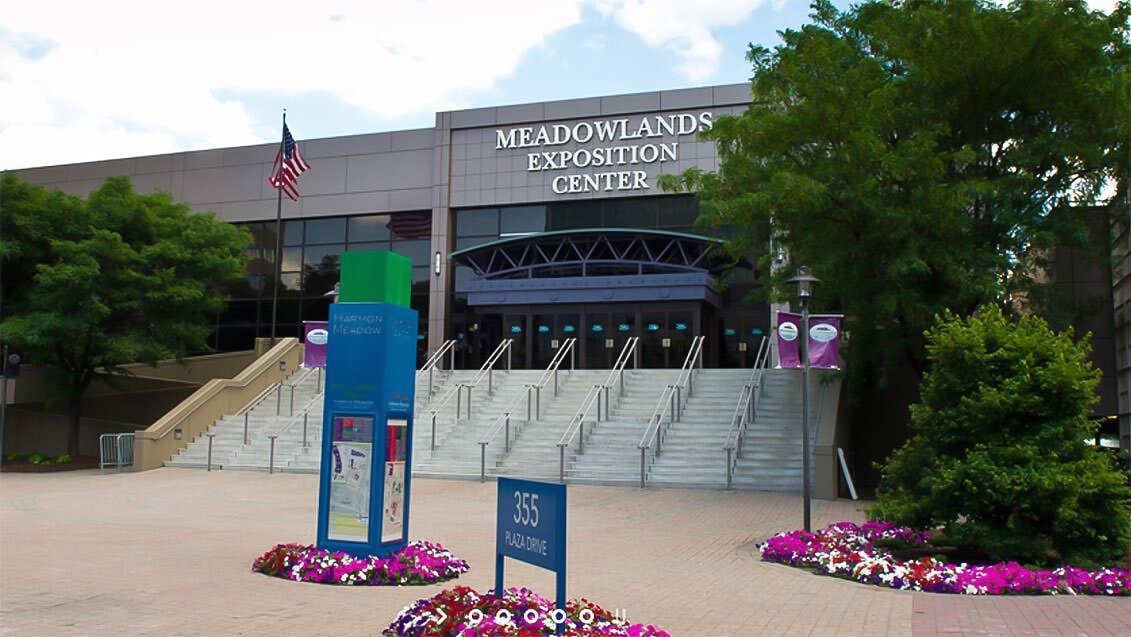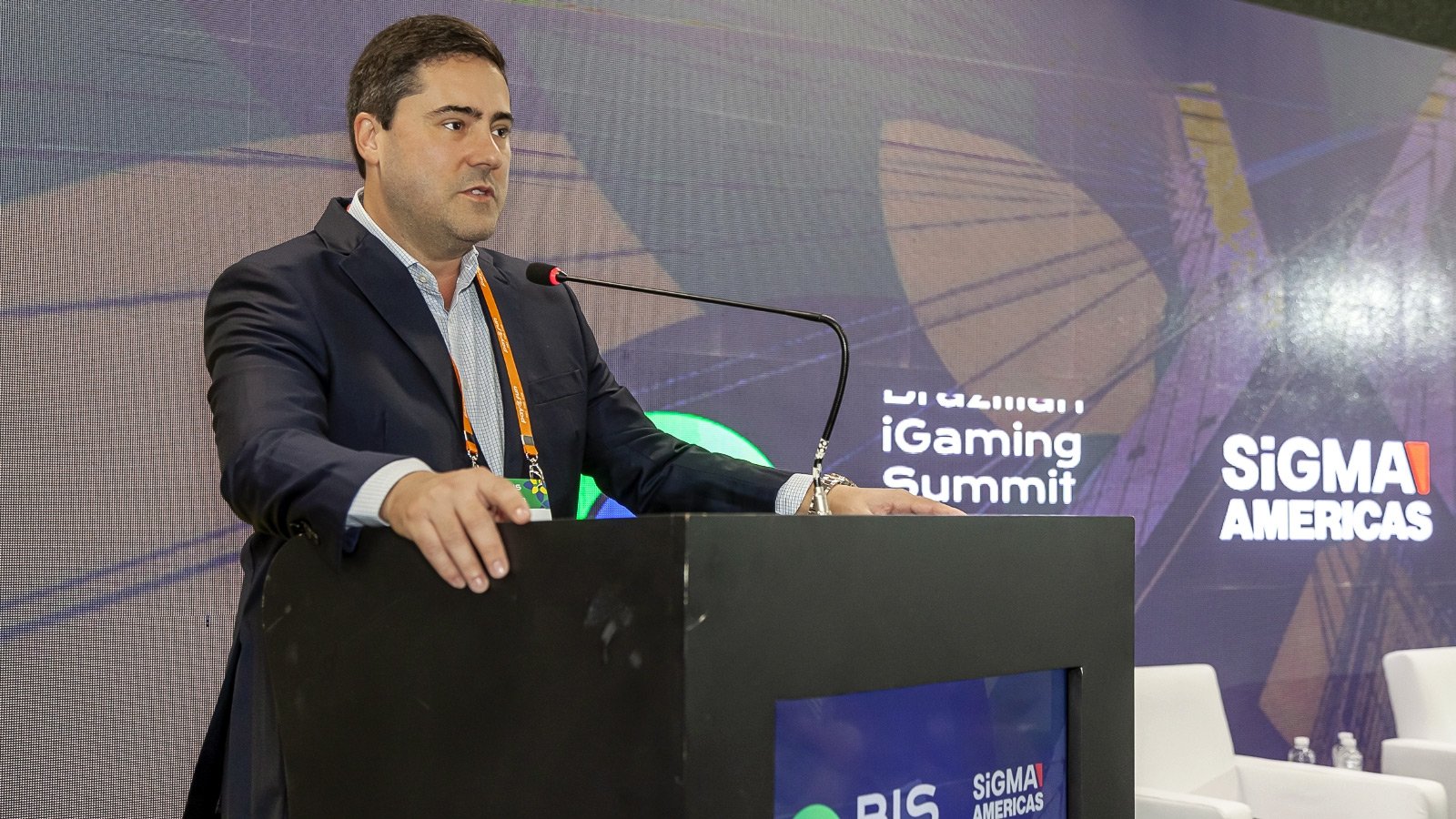Michigan online gaming and sports betting bill passed by the House
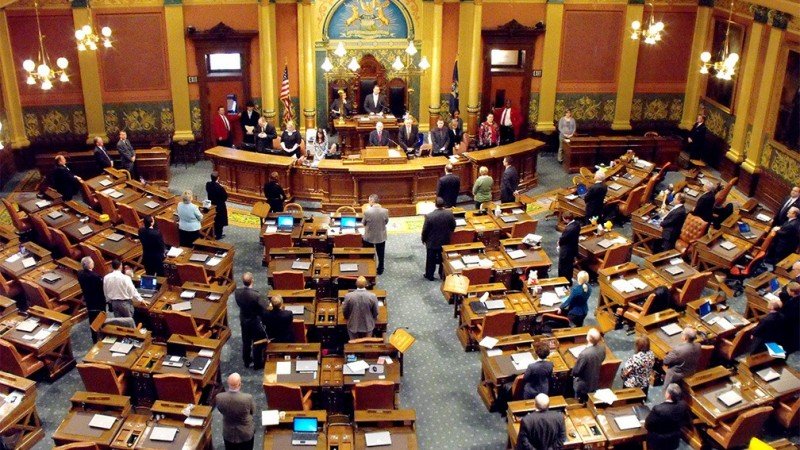
The Michigan House of Representatives passed legislation Wednesday that would legalize sports betting, online gaming and gambling on fantasy sports, even though lawmakers haven't reached a consensus with Gov. Gretchen Whitmer, who continues to have concerns that the expansion could cut revenue from the state's iLottery.
The main measures in the 10-bill package — the main one is HB 4916 —passed on 63-45 and 62-44 votes, with many Republicans and some Democrats in support. The legislation, which also would regulate the fast-growing paid fantasy sports industry, was sent to the Republican-led Senate for future consideration.
An 8.75 percent tax would be collected on sports wagering receipts, minus winnings paid out — less than a 19 percent tax now paid by Detroit's three commercial casinos. The city of Detroit could also collect an additional 3.25 percent tax, said Rep. Brandt Iden, the sponsor of the main bills and chair of the House Ways and Means Committee, as reported by Crain’s Detroit Business.
The tax rate for online gambling, excluding sports bets, would range between 4 percent and 19 percent in the first three years depending on how much online revenue a casino generates. It would rise to 6 percent to 21 percent in year four and, in year five and beyond, go to between 8 percent and 23 percent. Detroit could collect an extra 3.25 percent tax.
The state's 24 tribal casinos also could offer sports and online wagering. Their revenue-sharing payments would be negotiated with the state through compacts.
Iden dismissed Whitmer's worries that school funding, which comes in part from the Lottery, may be hurt by legalizing sports betting and online gambling. He said the tax rates would be higher than under legislation that former Gov. Rick Snyder vetoed last year.
"The tax rate went north. We got her more than half of what she asked for on both" online gambling and sports betting, said Iden, a Republican from Kalamazoo County's Oshtemo Township. "The money was directed to the school aid fund. My directive, from what I had always heard, was 'protect the school aid fund.' I believe that these bills did that. So it's very confusing to me when the governor says they're not in support."
Iden estimated the bills, if signed into law, could eventually generate between $80 million and $100 million in new tax revenue annually, based on a projected $225 million betting market.
“More than a dozen states, including some of our neighbors in the Midwest, have already legalized sports betting and have reaped the benefits,” said Rep. Michael Webber, according to Detroit Free Press. “If Michigan follows suit, we could generate another revenue source for vital public services and improving our school systems.”
Rep. Rebekah Warren voted against after saying the legislation as written would be vetoed. She urged legislators to keep negotiating.
"We continue to have revenue concerns regarding the bills' negative impacts on the school aid fund," Whitmer spokeswoman Tiffany Brown said. "The administration has taken every meeting we've been invited to regarding this legislation and will continue to work closely with the bill sponsor, tribal leadership and stakeholders to attempt to address our concerns."
Whitmer aides on Wednesday gave House GOP leaders suggested changes to the package, including three options for taxation systems. Under one scenario, rates would differ for online table games vs. online slots, with rates that would range from 2% to 19% In another, online slots and instant games would not be allowed. The governor also called for taxing sports betting and daily fantasy sports operations such as DraftKings and FanDuel at between 10 and 11 percent.
Iden described the legislation as a consumer protection initiative, noting that sports betting and online gambling already are available at offshore sites. "We need to make sure that people are being protected," he said. "People play. We know people play. We've got to make sure that the regulations are there."


